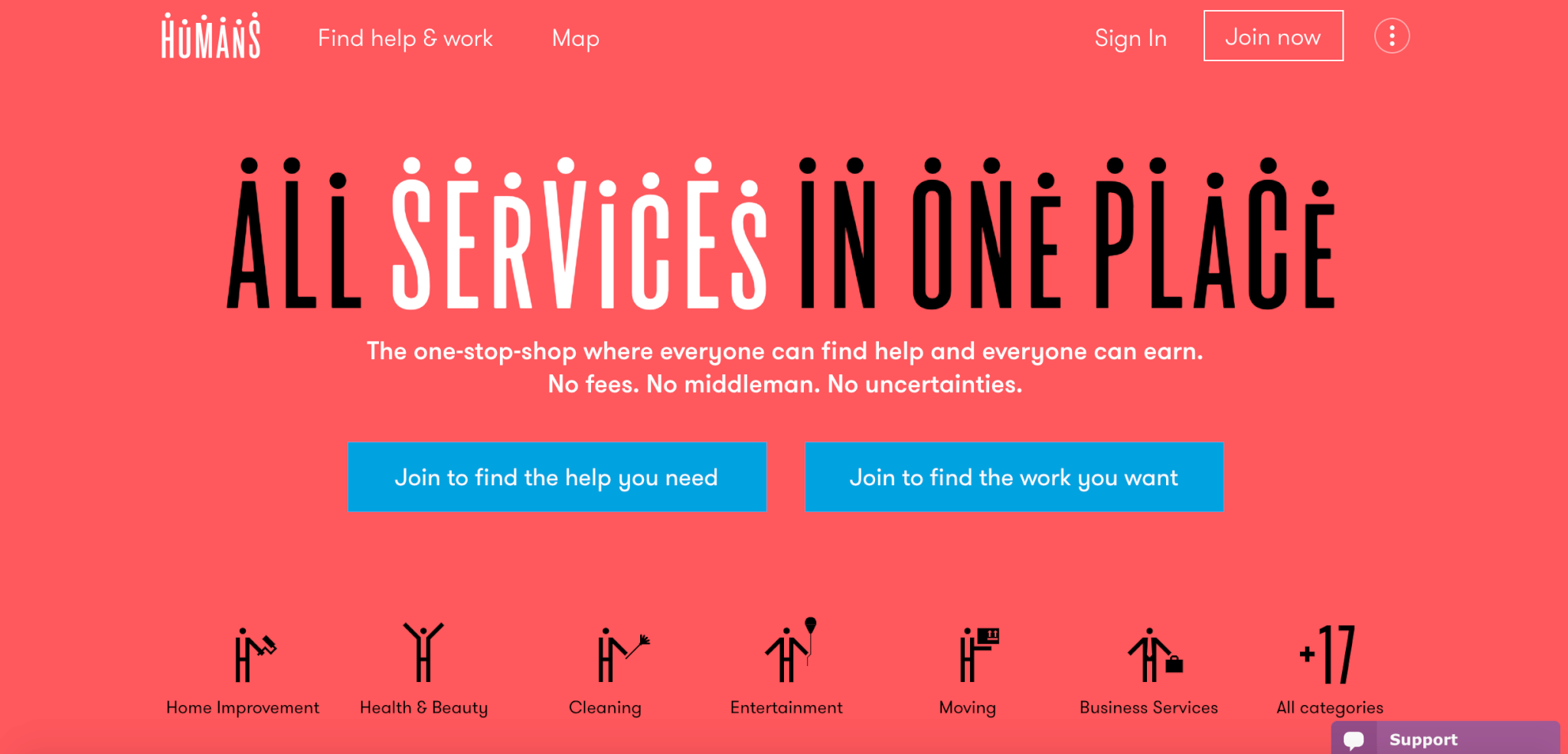
Humans.net has officially launched its peer-to-peer, blockchain-based freelancer marketplace, following a US$10 million seed funding round and a successful trial run in the US that attracted 200,000 users.
Humans.net aims to streamline and improve the process of searching for and hiring freelancers by eliminating middlemen and instead, leveraging blockchain technology and artificial intelligence (AI) to offer a freelancer platform featuring an immutable reputation-based scoring system.
The platform uses a so-called DNA-based verification system supported by blockchain technology that allows each user to identity an individual by their digital fingerprint, verified references and proof of work left by other users.
“We are using advanced AI to drive the search process on the platform which will radically alter how we connect online with peers and businesses. People will get swift and accurate search results irrespective of geographical location,” said Vlad Dobrynin, founder and CEO, Humans.net. “It’s a revolutionary online model which is set to radically alter how we interact online and how we trade skills and services.”
Humans.net seeks to become a “one-stop shop for those looking to turn their talents into cash and those looking for help with every task imaginable.” It aspires to challenge existing social platforms, which exploit user data and charge for their services.
“By leveraging decentralized networks, power is given back to users ensuring no one can use their data without their permission,” Dobrynin said. “In today’s world of data driven economies, this is a radical but far-reaching step.”
Humans.net charges no fees, nor commissions, and lets users have full control over their data which they can choose whether or not to monetize by allowing these to be used for advertising. Each user has a unique access key, and users who agree to have their data used for marketing receive 25% of revenue generated from the advertising.
The company said the successful trial in the US showcased a strong need for skills and services across many areas including household and gardening, law, finance and taxes, business assistance and homes and different types of training.

